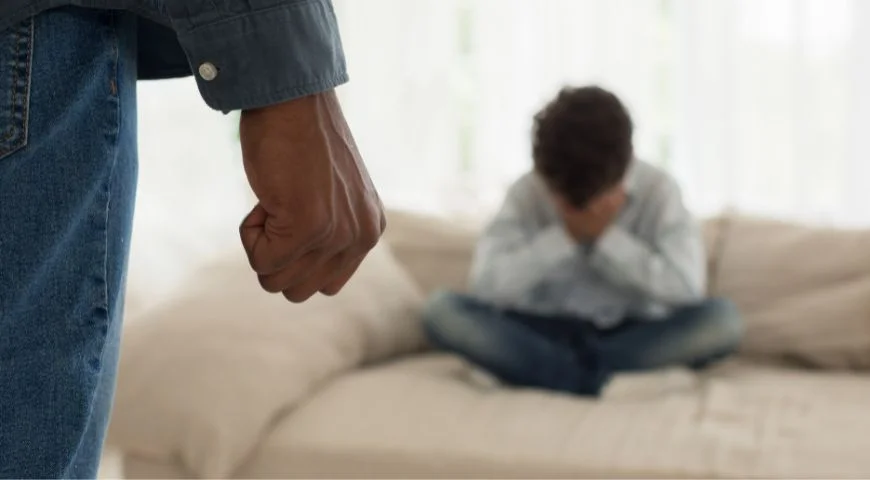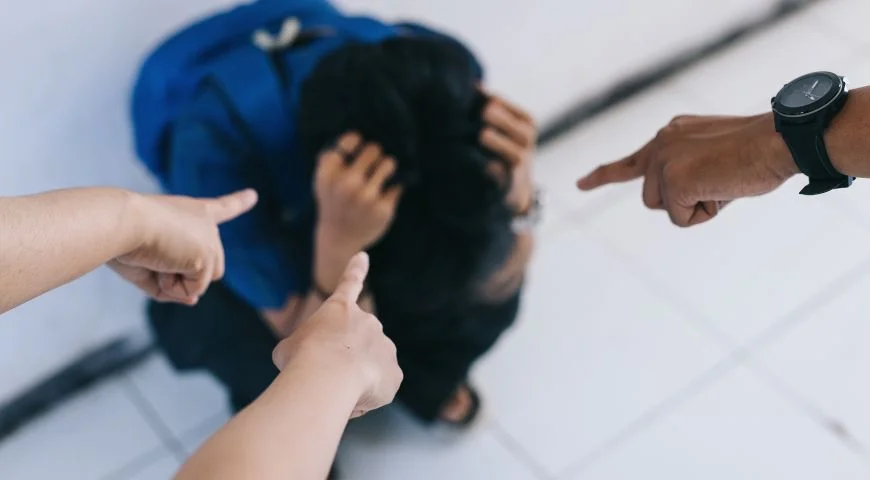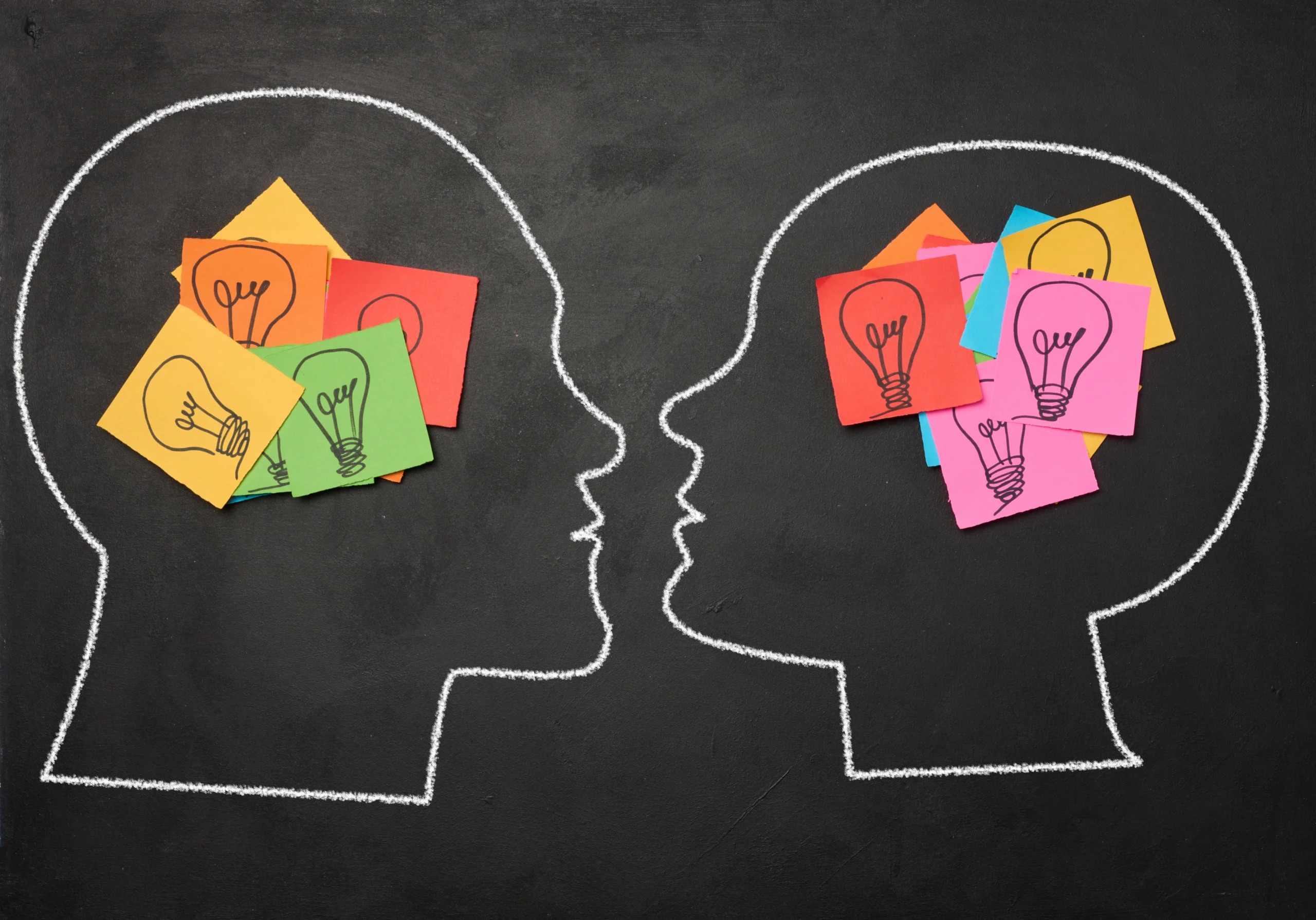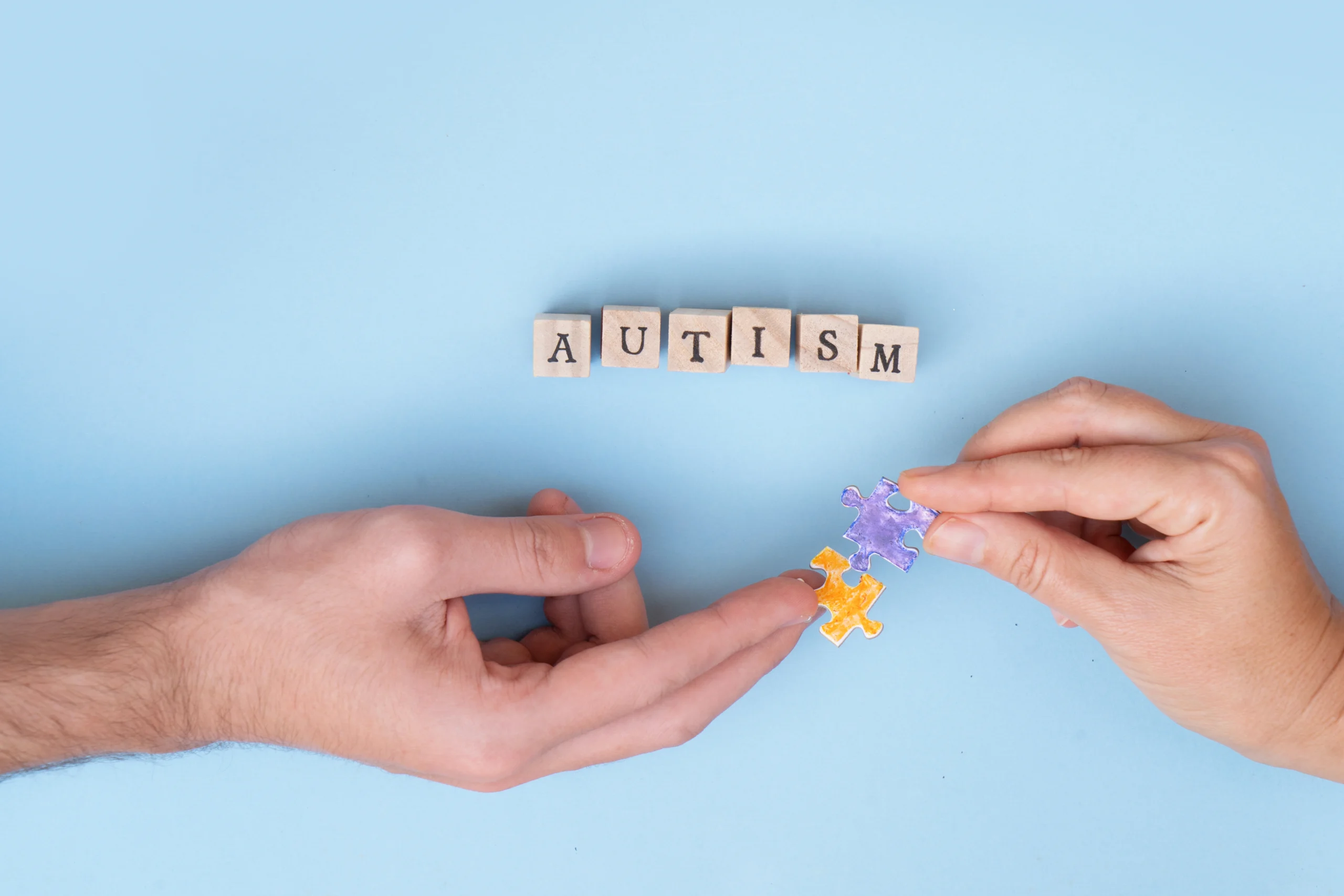Psychologists are developing an awareness that one does not need to see wounds to get marked. In a recent research, it was found that verbal abuse can influence the brain and the feelings as physical abuse. Since I am a licensed psychologist in India, I have observed that both types of trauma can define self-worth, trust, and emotional regulation even in adulthood. This paper discusses what the research evidence shows, how early life experiences form behavior, and what recovery is like with the appropriate support.
Knowing Childhood Verbal and Physical Abuse
Childhood abuse verbal or physical is not related to the particular acts but rather the emotional tone within the family where the child is brought up. Verbal abuse consists of humiliation, name calling, and threat: physical abuse consists of purposeful bodily injury. They may be emotionally overlapping though they have different forms.

The two change the brain perception of the child about safety, and the nervous system is wired to be hypervigilant and anxious. This eventually leads to long-term stress and post-traumatic symptoms, which are carried into adulthood. Most victims do not take verbal abuse seriously since it has no physical scars, but in terms of emotion, verbal abuse is just as toxic. It educates the child to expect rejection and lose faith in their value.
Why This Study Matters
Physical abuse has always been the form of trauma that is viewed as real, and emotional abuse was pushed aside. It is now revealed by neuroscience that words can hurt: they can change the way neural circuits involved with memory and emotion are formed.
Being a family therapist in Mumbai, I deal with adults that have been brought up in families where there was either yelling or criticism. They bring shame, anxiety and perfectionism to the adult life. This study will make us remember that the process of healing is not about the pain comparison but rather about its validation. Both types of abuse interfere with the attachment process teaching children to think that love is equal to fear. The awareness of this is the initial step of breaking of generational patterns.
The General Effects of Childhood Abuse
Abuse, be it physical or verbal, can leave survivors with self-doubt, emotional numbness or overcontrol that they have to deal with. These weaknesses do not exist; they are safety mechanisms of a nervous system that tries to remain safe.
There are those who do not feel their bodies, repress their feelings to prevent suffering and those in constant fight or flight. These trends are observed later when there are relationship problems, burnout or chronic anxiety.
CBT therapy, EMDR or group therapy are trauma-oriented therapies that assist the nervous system to learn safety. I have observed in my practice that clients have shifted towards stability after a period of survival as they regain trust, both in themselves and in others.
The Process of Healing
Childhood trauma cannot be healed in a linear way; it is slow. Awareness is the first step, and it is to admit that what occurred was not your fault. The same realization enables pity to take the place of self-blame.
Grounding and cognitive reframing are the safe methods of processing memories in therapy. In severe cases of trauma, the treatment centres of PTSD in Mumbai provide systematic therapies that integrate therapy, mindfulness and medication where necessary. It is not aimed at getting rid of the past but to restore the feeling of safety to the mind and the body. In the long-run, survivor learn to reconnect to emotions, develop boundaries and find their value — silent though effective indicators of recovery.
The Unspoken Problems of Recovery
The process of self-minimization is one of the most difficult aspects of recovery. The survivor keeps thinking to oneself, it was not that bad or others had it worse. This denial delays healing. Another obstacle is the inability to be comfortable in still settings since disorder used to be the norm.
In a therapeutic setting, I work with the clients to re-learn these survival patterns in a soft manner. It is remembering what the mind is attempting to forget — the nightmares, flashbacks or hypervigilance. Trauma-informed care also enables these feelings to be revealed in a safe manner. As a specialist in PTSD in Mumbai, I remind the client that there is nothing wrong with them, they are just getting used to it. The process of healing starts when they realize this fact.
Rethinking How We View Abuse
In this work, there is an urgent need to transform our perception of childhood trauma. Verbal abuse should not be treated as the mere talk anymore. The effect of it is significant and permanent. Psychologists, parents, and teachers should collaborate in order to avoid, identify, and mend emotional damage.
Psychologists are increasingly taking trauma-informed practices and educating teachers to detect emotional neglect at an early stage across the world. There is also a positive indication that people have begun to respond to the awareness by seeking therapy — a good sign that people are taking the initiative. The healing process is not connected with the removal of pains but the conversion of pains to strength.
Making the First Move towards Healing
When you see that these patterns are a part of you, e.g. self-accusation, anxiety, or never enough, understand that these are not weakness but survival remnants. You need not go against them. In India, a licensed psychologist could assist you in coping forward, or could you engage in a traumatic therapy intervention program.
It can be one-on-one sessions, child counseling, or family therapy that help can be availed. Recovery will not be immediate, yet each little deliberately self-oriented action is a courageous one, and the beginning of regaining peace.
Conclusion
There is a thin border between verbal and physical abuse than it used to be perceived. They both have a profound emotional effect that can be used to define identity and relationships over time. However, these patterns can be comprehended, processed, and emitted with the help of the proper therapeutic treatment.
Being a psychologist in India, I have experienced how recovering one’s story transforms the pain to strength. Healing does not take away the past, it makes it a lesson. In case you or a loved one experiences chronic post traumatic stress disorder symptoms, we can help you. The first step towards healing is recognition, compassion and taking a single courageous step towards healing.
Follow Tanu Choksi on Instagram, LinkedIn, and Facebook — for real conversations on emotions, relationships, and self-growth.




